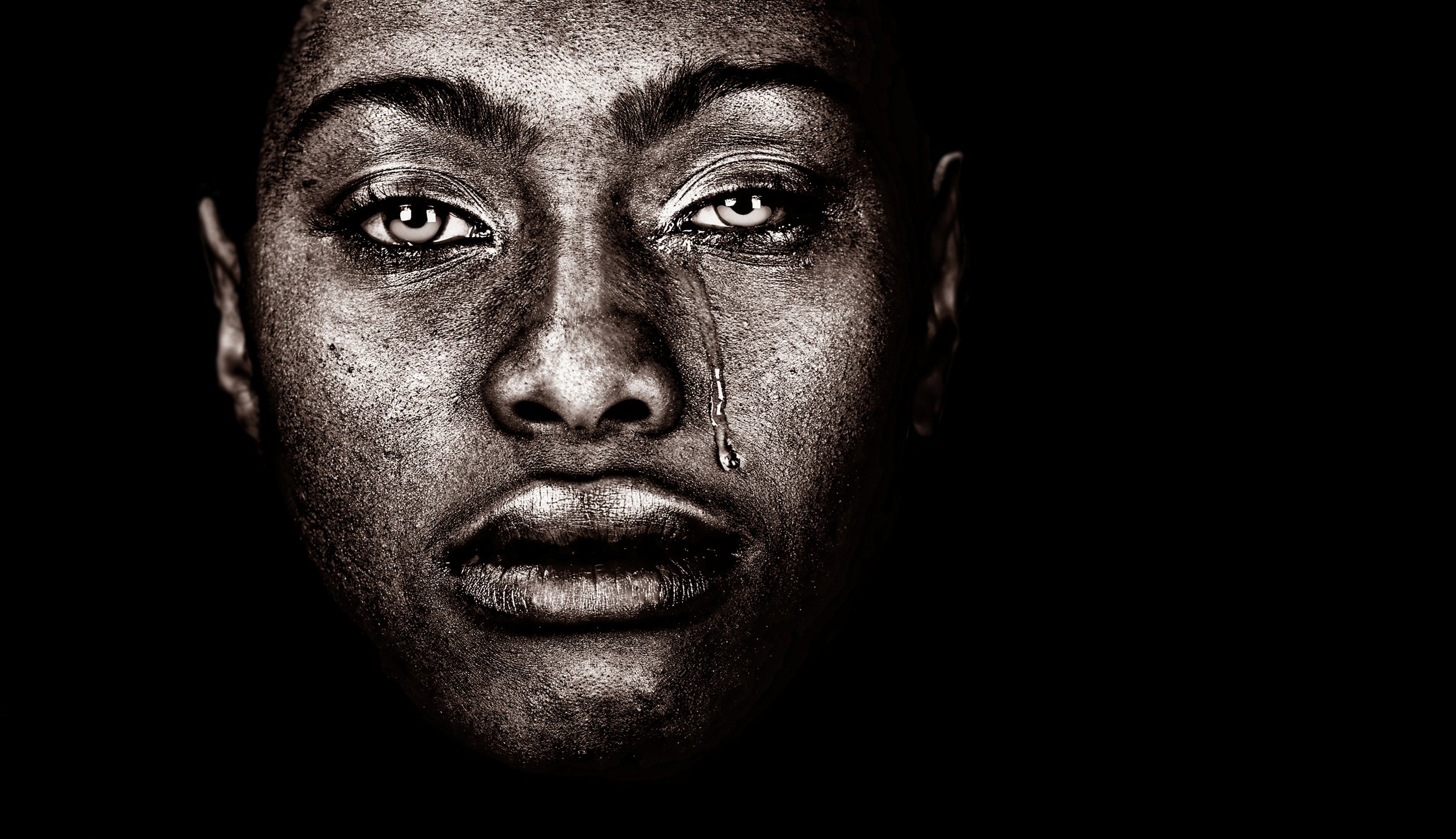Black Lives, Deaths, and Grief matter
I’ve been journeying with Black people through grief before the Pandemic, but even more so since 2020. For 25 years I have walked in this space with my community, as a hospital and hospice chaplain, educator, activist, and death doula. I’ve learned that grief is not just associated with the death of a loved one. We are grieving the loss of normalcy, the loss of jobs, the loss of peace and relative stability, and now we must deal with the loss of community when we need it most, due to COVID restrictions. Many are carrying the generational grief and trauma of their ancestors. We carry disenfranchised grief due to the inhumane system of mass incarceration. Additionally, we are grieving the loss of possibilities, dreams, and opportunities. For Black people, loss is experienced daily, through food deserts and housing discrimination, through the inability to get a fair and equitable wage, and through police and community violence. We must consider this when talking about what it means to experience a “good death.”
Just as all humans breathe, all humans grieve. Grief is a natural response to loss. The idea that all humans breathe in the same way and all humans grieve in the same way is erroneous. In fact, both are faulty assumptions; we do not all breathe in the same way. Our breathing can be greatly impacted by our physiology. For example, my sista friend’s mother has pulmonary fibrosis, and over time her breathing has become drastically slower and increasingly labored. Our breathing can also be impacted ecologically as we continue to cut down the trees that give us life-affirming oxygen, and environmentally—as we’ve witnessed with corporations flooding less affluent communities with chemicals, truck traffic, and other pollutants which have increased the percentage of people living with asthma and other respiratory diseases. Anti-Black policing also impacts the way we breathe—like the way a knee to the neck can be an obstruction to your breathing as with Jaises Elam, or the cause of a premature death as with George Floyd. And we do not all experience grief in the same way either.
Each culture has its own approaches to dealing with death and grief, which almost always involve core tenets and shared understandings, spiritual beliefs, rituals, expectations, and etiquette. Those of us who enter the lives of people who trust us to hold their stories, their grief, and even their hope must know what it means to be able to acknowledge the inherent value in everyone whose path we cross, especially those whose gender, sexual, racial, and ethnic identity is different than our own. We must also be aware of the ways systemic injustices affect grief and the dying experience. Because almost every system within the United States is either founded upon or informed by racism and anti-Blackness, it is critical that we learn more about the unique and unparalleled experiences of Black people specifically and the Global Majority in general.
As a doula, I have come to recognize the ways my siblings’ lives are and have been consistently shortened or burdened by racism and how it impacts end-of-life experiences. Although death care, death positivity, and death doulas are becoming more mainstream, we must consider what a “good death” is for people of African descent. For real, like what does it mean? However, we must not stop there; we must also invest our time, energy, and resources into ensuring a good life for people of African descent. If we aren’t invested in the latter, how do we even begin to consider the former?

